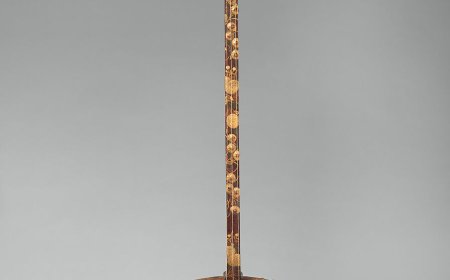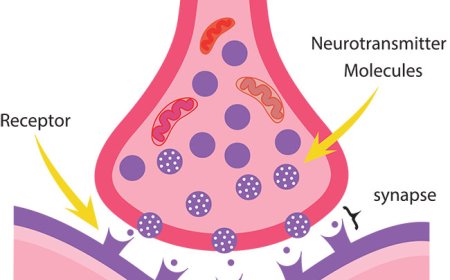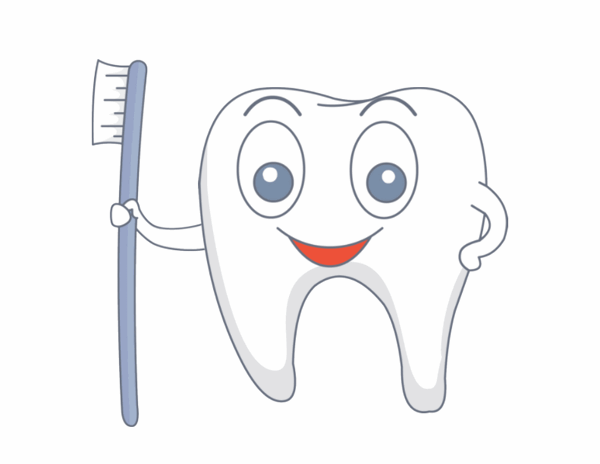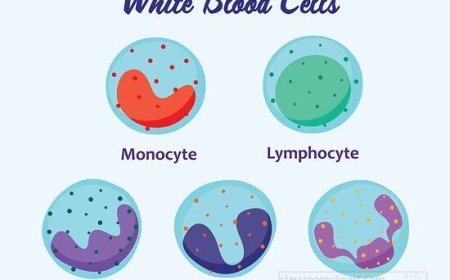Major Glands and Their Jobs: A Student’s Guide to the Endocrine System
Learn about the major glands of the endocrine system in this student-friendly guide. Discover how the pituitary, thyroid, pancreas, and more help control your body’s growth, energy, and emotions. Includes quiz and summary
🧪 Major Glands and Their Jobs
A Student’s Guide to the Endocrine System
Inside your body are tiny but powerful organs called glands. Each one has a big job: to make hormones and send them through your bloodstream. These hormones help your body grow, stay calm, stay alert, digest food, and even sleep. Together, these glands make up your endocrine system.
Think of your glands as team players—each one has a role, but they all work together to keep your body balanced. Let’s explore the most important glands and the jobs they do every day.
🧠 1. Pituitary Gland – The "Master Gland"
Location: At the base of your brain
This pea-sized gland is the boss of the endocrine system. It controls other glands by sending out different hormones.
The pituitary gland:
Tells your bones and muscles when to grow
Helps you start puberty
Works with the brain to control thirst, hunger, and temperature
Signals other glands like the thyroid and adrenal glands
Even though it’s tiny, the pituitary gland helps run almost everything in the endocrine system.
🐢 2. Thyroid Gland – The Metabolism Manager
Location: In the front of your neck
The thyroid makes hormones that control your metabolism—how your body uses energy.
The thyroid helps:
Control your weight and energy levels
Keep your heartbeat steady
Make sure your body grows at the right speed
If your thyroid works too fast or too slow, it can affect how you feel every day.
🔁 3. Parathyroid Glands – The Calcium Controllers
Location: Right behind the thyroid (4 tiny glands)
These tiny glands make hormones that balance the calcium in your blood.
Calcium is important for:
Strong bones and teeth
Healthy nerves and muscles
Heart and brain function
Even though they’re small, parathyroid glands keep your calcium just right.
⚡ 4. Adrenal Glands – The Stress Responders
Location: On top of each kidney
The adrenal glands are your body’s emergency responders. When you’re scared or excited, they release adrenaline, a hormone that gives you quick energy.
The adrenal glands:
Help control stress
Raise your heart rate and breathing during emergencies
Help balance salt, water, and blood pressure
They’re key to handling challenges and bouncing back afterward.
🍽️ 5. Pancreas – The Sugar Balancer
Location: Behind your stomach
The pancreas is both an endocrine gland and a digestive helper. Its main endocrine job is to control blood sugar.
It releases:
Insulin, which lowers blood sugar
Glucagon, which raises it when needed
Together, these hormones keep your blood sugar in balance, giving your brain and muscles the energy they need.
⚧️ 6. Ovaries and Testes – The Reproduction Glands
Location: In the lower abdomen (ovaries in girls, testes in boys)
These glands become more active during puberty.
They:
Produce estrogen (in girls) and testosterone (in boys)
Help the body grow and develop adult features
Prepare the body for reproduction
They’re essential for the changes that happen as kids grow into teens.
🤝 How Glands Work Together
Each gland has its own job, but they also send signals to one another. For example:
The pituitary gland tells the thyroid to release metabolism hormones
The brain signals the adrenal glands to prepare for danger
The pancreas helps manage energy while the thyroid controls how fast that energy is used
Together, they form a communication network that keeps your body in balance.
🎉 Fun Facts About Glands and Hormones
The pituitary gland is about the size of a pea, but it controls nearly all other glands
The thyroid is shaped like a butterfly
Your adrenal glands can flood your body with adrenaline in seconds
The pancreas is the only gland that’s part of two systems: digestive and endocrine
Hormones are so powerful that even tiny amounts can cause big changes in your body
🧠 Vocabulary
Gland – An organ that makes hormones
Hormone – A chemical message that travels in the blood
Pituitary gland – The master gland that controls others
Thyroid – Gland that controls energy use (metabolism)
Adrenaline – Hormone that helps in emergencies
Pancreas – Gland that controls blood sugar
Insulin – Hormone that lowers blood sugar
Glucagon – Hormone that raises blood sugar
Estrogen – A hormone involved in female development
Testosterone – A hormone involved in male development
Your body has special parts called glands that make hormones—tiny messengers that control growth, energy, mood, and more. The pituitary is the boss, the thyroid manages energy, the adrenal glands help with stress, and the pancreas balances sugar. Each gland has a big job to help your body stay strong and in control!






















































